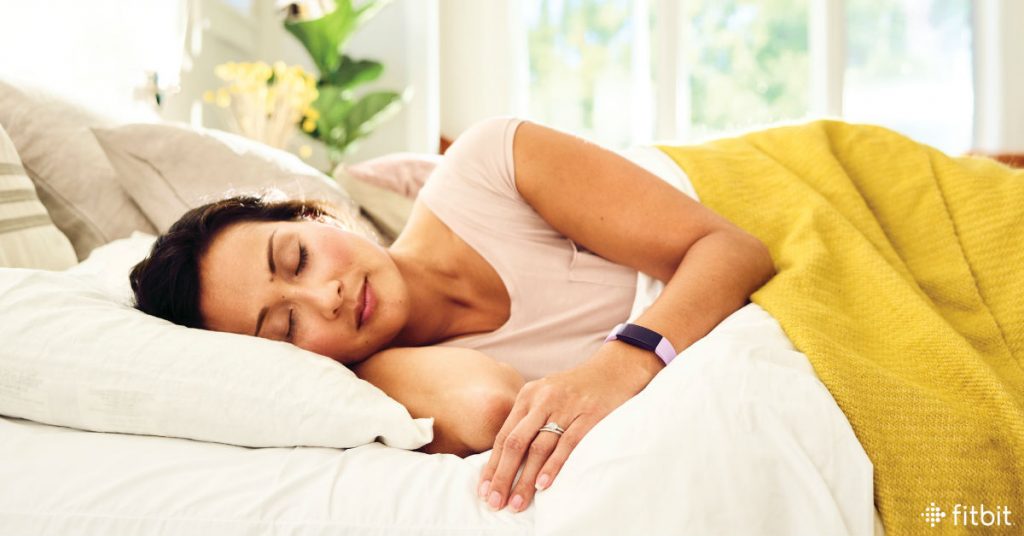
What do top sleep experts really think about nighttime smartphone usage, napping, sleeping pills and other sleep-related matters? We asked several to share their thoughts. Here’s what they said:
Mix naps and coffee
To rest in the middle of the day without overdoing it, try this: Drink 8 ounces of black coffee, set a timer for 20 minutes, and then immediately shut your eyes. When you’ve awakened, your nap will have reached its ideal length, and you’ll be ready to tackle your to-do list. It’s a hack you can use once or twice a week.
“The benefits are a reduction in sleepiness, as well as increased energy and focus from the caffeine,” says psychologist Michael Breus, PhD, a fellow with the American Academy of Sleep Medicine. “The nap-a-latte should not be done after about 2 p.m.”
Stop checking emails at night
Some people mindlessly monitor their email accounts out of boredom or habit, but doing this in the evening can backfire.
“They may read an email that is upsetting or stressful; it may involve tasks they need to complete tomorrow, which in turn may lead them to think about it when trying to sleep,” says Brendan Lucey, MD, Director of Sleep Medicine at the Washington University School of Medicine in St. Louis. “I’m probably not going to receive an email late at night that can’t wait until tomorrow. If something is very urgent, I will probably be called directly.”
Before you check your email late at night, think about why you’re doing it. Are you prepared to get out of bed to solve a work problem? If not, it can wait until tomorrow.
Read a good book
To wind down at night more easily, read a book in bed—and we mean an actual book with paper pages, not a tablet.
“Any device that uses LEDs emits light in the blue range,” says Larry Rosen, PhD, Professor Emeritus of Psychology at California State University, Dominguez Hills, and an expert on sleep and technology. “Using these devices keeps the pineal gland from producing melatonin and starts the body producing cortisol. It’s a double whammy: You’re getting your melatonin production stopped, which is supposed to put you to sleep, and cortisol started, which is supposed to wake you up.”
However, a paperback—or hardcover, we’re not picky—has the opposite effect. “Light reflected off of a book is more in the pink range,” Rosen says. “That decreases cortisol and increases melatonin.”
Give your smartphone a curfew
It’s no surprise that setting aside your smartphone 30 to 60 minutes before bedtime can help you fall asleep. And that’s not just because the above mentioned blue light that it emits mimics daylight, keeping you from feeling tired, either!
“When you play games, watch videos or scroll through social media feeds, you’re so engaged and stimulated, it can be difficult to put down your phone and go to bed,” says Brett Kuhn, PhD, a licensed psychologist certified in behavioral sleep medicine at the University of Nebraska Medical Center. For this reason, don’t reach for your phone if you’re lying in bed, unable to fall asleep. This goes especially for Sunday nights, if you slept late all weekend and aren’t tired at bedtime.
“Sitting back and watching a TV show is less likely to keep you awake than playing a game on your phone,” Kuhn says. “If you’re doing something interesting that requires your input and you’re maneuvering things around, you’ve moved from passivity to activity. You’re engaged. It’s that engagement that leads to [sleep] delay.”
Avoid sleep aids
Avoiding sleep aids can help, too. “These drugs cause sedation, not sleep, which is a very different state,” says Adam Krause, a sleep researcher and doctoral student at the University of California, Berkeley.
According to his research, during true sleep, your brain is very active. On the other hand, when you take a sleep aid, you may appear to be sleeping—but the sedation prevents your brain from doing what it normally does during sleep.
“This class of sedative-hypnotics works on the GABA receptor, which is the most widespread inhibitory receptor in the brain, leading to reduced neural activity across the brain,” Krause continues. “So, these drugs simulate sleep to an outside observer, but they block sleep in fact. At best, using them provides only short-term relief and does nothing to address underlying causes of sleep disruption. At worst, it makes achieving good, natural sleep even more difficult, which is ultimately counter-productive.”
The healthier alternative? Making sleep-friendly changes to your day may help you stop wanting to reach for sleep aids at night.
“Regular sleeping schedules, exercise, [getting] lots of bright light in the morning and darkness in the evening are all good habits for healthy sleep,” Krause says. “It is what everyone should experiment with before resorting to any sort of pharmacological sleep aid.”
This information is for educational purposes only and is not intended as a substitute for medical diagnosis or treatment. You should not use this information to diagnose or treat a health problem or condition. Always check with your doctor before changing your diet, altering your sleep habits, taking supplements, or starting a new fitness routine.

If you have questions about a Fitbit tracker, product availability, or the status of your order, contact our Support Team or search the Fitbit Community for answers.
Please note: Comments are moderated and may not appear immediately after submission.